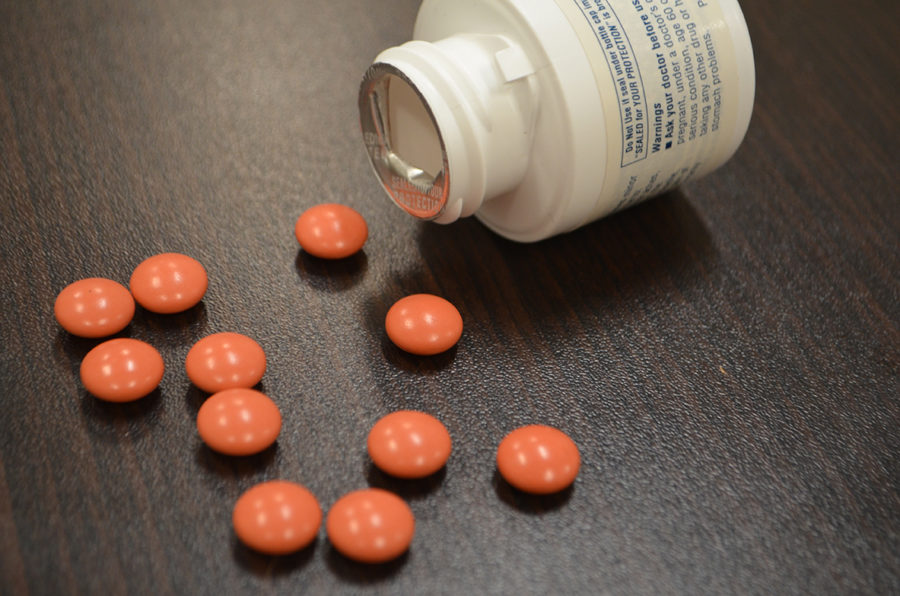Sue Miller had been taking prescription opioids for pain management for five years, her daughter Karen Miller said. Her initial prescription was for arthritis, but after a fall and broken elbow, Sue Miller was prescribed a second opioid prescription.
“She didn’t even know she was addicted. That’s how bad it was,” Reva Miller, Sue’s granddaughter and caretaker, said.
For Sue, a major effect of her addiction was extreme weight loss. Her lowest weight was 75 pounds. Reva Miller became concerned when she noticed signs of addiction from her grandmother.
“It made her not want to eat, she became very depressed and she wouldn’t socialize,” Reva Miller said. “By the end she was hallucinating.”
Doctors have since prescribed Sue Miller medication to manage the weight loss, and she is now back to a healthy weight.
But many others aren’t so lucky. The opioid crisis is a rapidly growing and dangerous trend in the United States, a particular threat to Forrest County, as Mississippi’s per-capita rate of painkiller prescriptions is one of the highest in the country. Mississippi State Department of Health statistics recorded 346 people died of a drug overdose in 2017. Opioids were involved in 52% of those deaths.
The cultural view of drug addiction has shifted from being of wrong morals to a public health concern. Opioid abuse among college students reflects the national trend and has become a challenge for college boards. Though there is no record of prescription-related arrests made on the Southern Miss campus, opioid use is still a problem among college students, Chief Communication Officer James Coll said.
To help those struggling with addiction, the University of Southern Mississippi’s Moffitt Health Center provides quality health care and educational services for students, faculty and staff.
Jackson Howard is a graduate assistant at the Moffitt Health Center, available to patients to answer questions about their health. Howard said the Moffitt Health Center provides two programs to its students: Eagle Check-Up and Collegiate Recovery Community.
The Eagle Check-Up program is offered through a collaboration with the School of Psychology and is available for students who use alcohol and/or marijuana. The program focuses on harm reduction and has resources for on-going treatment.
“Graduate students and professional staff at the Moffitt Health Center implement the program under the supervision of Dr. Michael Madson, a licensed psychologist,” Howard said.
Eagle Check-Up is a program focused on prevention, wanting to provide flexible, affordable prevention, reducing hazardous alcohol or marijuana use and promoting the utilization of campus services.
The Collegiate Recovery Community is another program for those struggling with addiction, aimed at students currently in the recovery process. The group is composed of other students and faculty ,so they have a support system to maintain sobriety.
“We utilize the CRC as a way to increase our health promotion efforts on campus related to addiction and substance misuse,” Howard said, “We also offer individual relapse prevention programming under the supervision of a licensed psychologist.”
Students with any questions regarding Eagle Check-Up or Collegiate Recovery Community should email Jackson Howard with the Office of Health Promotion at [email protected].


























